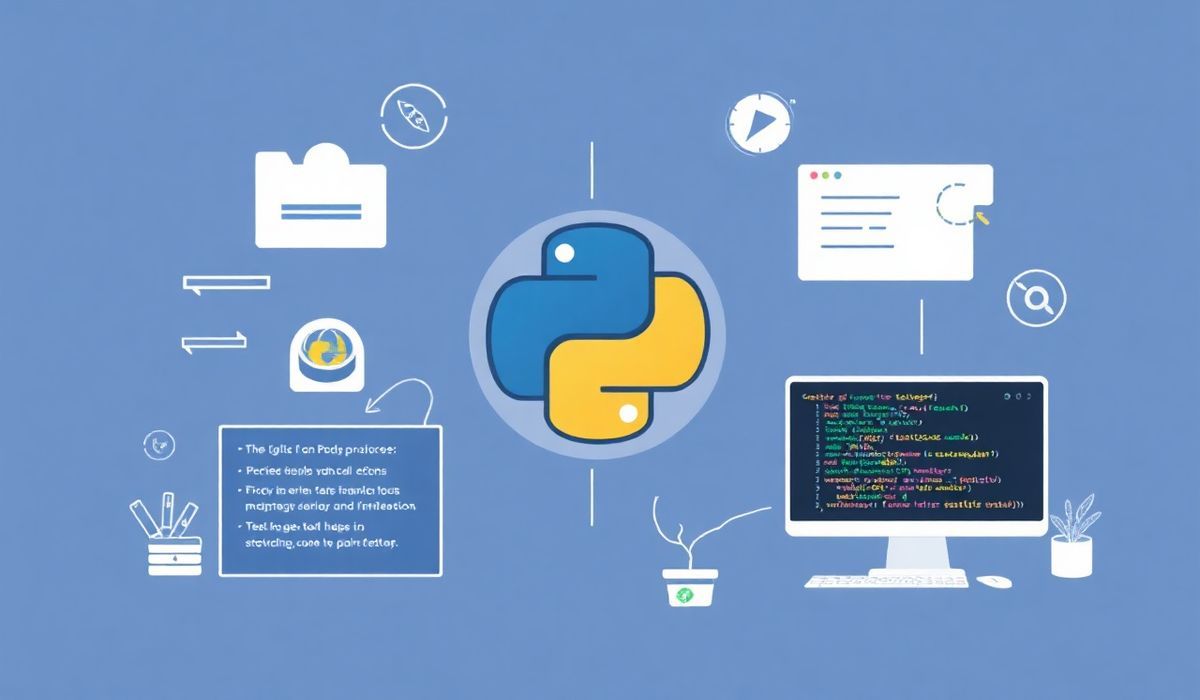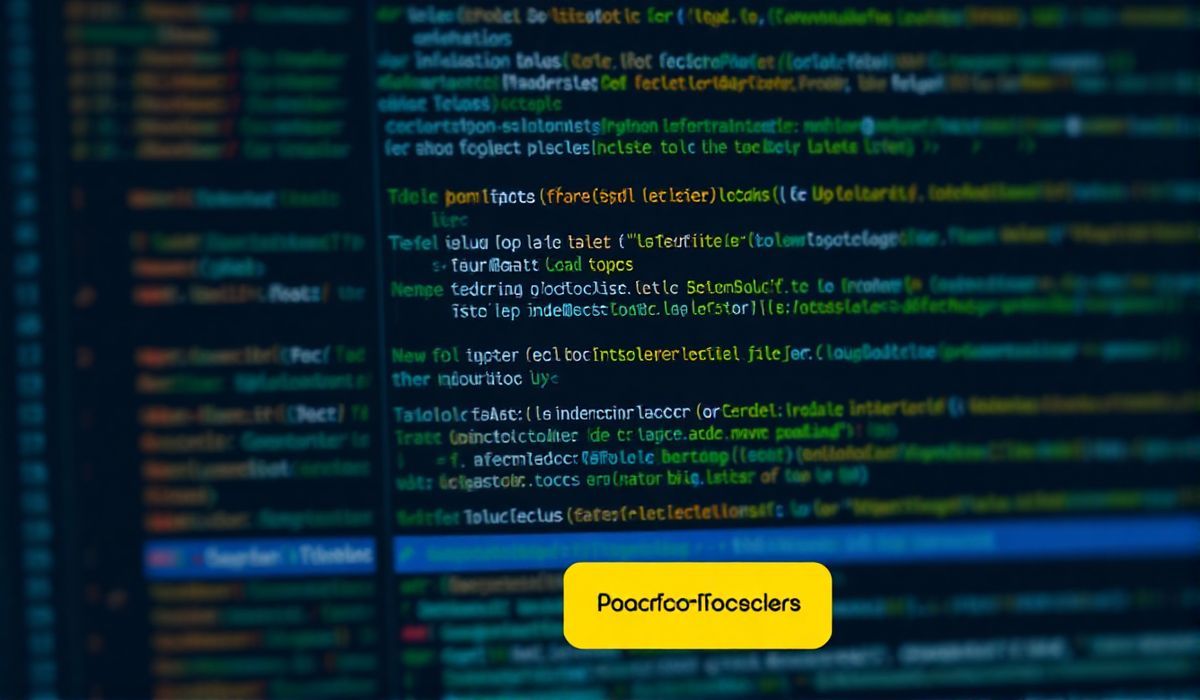Typing Extensions: Unlock Advanced Typing Features in Python
Python’s dynamic typing system is one of its best features, but sometimes you need more precise control to write clean, maintainable, and error-free code. The typing-extensions library bridges the gap between older Python versions and newer type features introduced in modern Python releases. It offers forward-compatible typing features, letting you use new type constructs even if you’re running an older Python version.
Getting Started with Typing Extensions
To use typing-extensions, you must first install it. You can do so via pip:
pip install typing-extensions
Now you’re ready to explore its features!
Key Features of Typing Extensions
Here are some of the most useful types and APIs provided by typing-extensions, along with code examples for each.
1. Literal
The Literal type lets you specify that a variable or parameter can only take certain predefined values:
from typing_extensions import Literal
def set_status(status: Literal['online', 'offline', 'away']):
print(f"Status set to {status}")
set_status('online') # Valid
set_status('busy') # Raises a type-checking error
2. TypedDict
TypedDict allows you to define dictionary-like structures with specific key-value types.
from typing_extensions import TypedDict
class UserInfo(TypedDict):
name: str
age: int
user: UserInfo = {
'name': 'Alice',
'age': 25,
}
3. Protocol
The Protocol class allows you to specify structural subtyping by defining what methods or attributes a type must implement.
from typing_extensions import Protocol
class Flyer(Protocol):
def fly(self) -> None:
...
class Bird:
def fly(self) -> None:
print("Bird is flying")
def start_flying(flyer: Flyer):
flyer.fly()
start_flying(Bird()) # Works because Bird implements the fly() method
4. Required and NotRequired
Required and NotRequired can be used in conjunction with TypedDict to specify whether fields are required or optional.
from typing_extensions import TypedDict, Required, NotRequired
class Config(TypedDict):
host: Required[str]
port: NotRequired[int]
config: Config = {
'host': 'localhost',
# 'port' is optional
}
5. Self
The Self type enables you to annotate methods that return the same class as the one they belong to.
from typing_extensions import Self
class Chainable:
def set_name(self, name: str) -> Self:
self.name = name
return self
def set_age(self, age: int) -> Self:
self.age = age
return self
user = Chainable().set_name("Alice").set_age(25)
6. Other Advanced APIs
Annotated: Add metadata to type hints.Final: Mark variables or methods as immutable or non-overridable.Concatenate: Combine multiple argument types for callable annotations.
Building a Mini App Using Typing Extensions
Here’s a simple example of a user management system combining several features of typing-extensions.
from typing_extensions import Literal, TypedDict, Protocol, Self
class User(TypedDict):
id: int
name: str
role: Literal['admin', 'user']
class Authenticatable(Protocol):
def login(self, username: str, password: str) -> bool:
...
class UserService:
def __init__(self):
self.users: list[User] = []
def add_user(self, user_id: int, name: str, role: Literal['admin', 'user']) -> Self:
self.users.append({'id': user_id, 'name': name, 'role': role})
return self
def get_users(self) -> list[User]:
return self.users
class AuthService:
def login(self, username: str, password: str) -> bool:
# Placeholder logic
return username == 'admin' and password == 'admin'
# Example App
user_service = UserService()
user_service.add_user(1, 'Alice', 'admin').add_user(2, 'Bob', 'user')
print(user_service.get_users())
auth_service = AuthService()
print(auth_service.login('admin', 'admin')) # Output: True
Conclusion
The typing-extensions library is an invaluable tool for Python developers seeking to leverage advanced typing features. Whether you’re writing safer code or building more maintainable systems, this library has you covered. Try it in your next project and experience the benefits yourself!




